Search
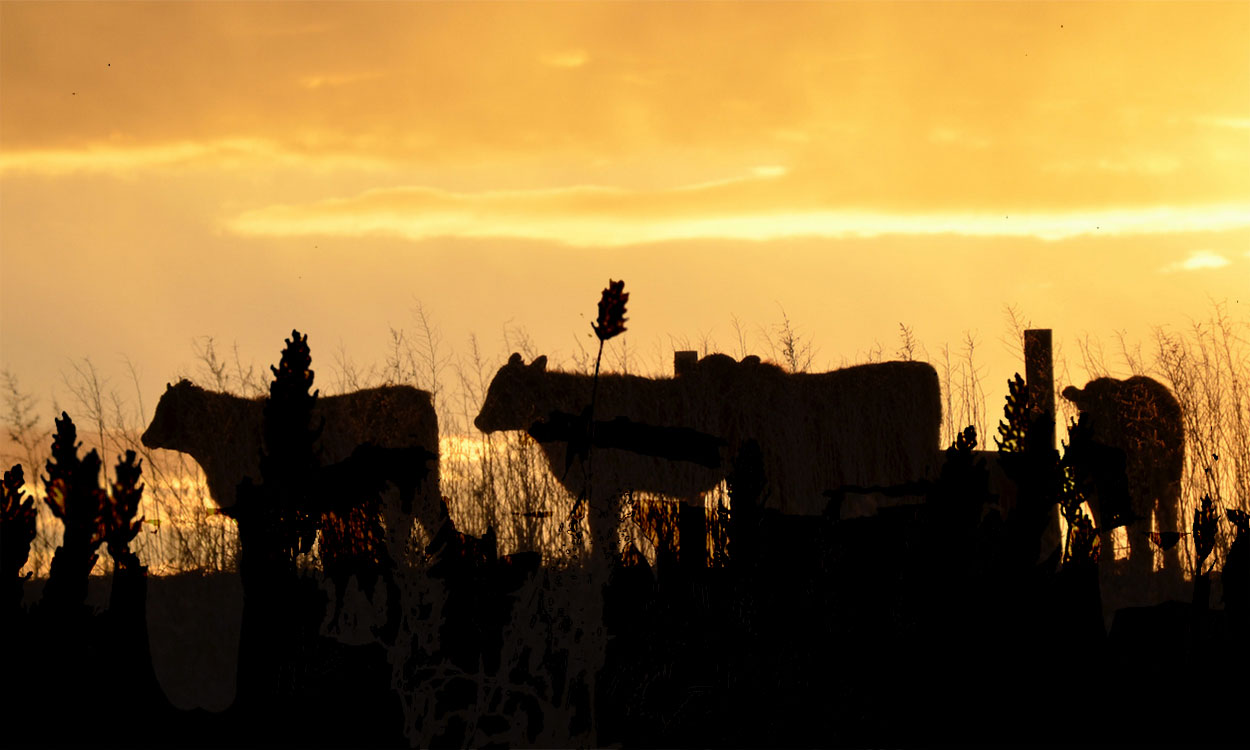
Prussic Acid Precautions
During periods of drought, it is important to aware of the factors that can be a concern during these conditions, specifically nitrates and prussic acid. It is important to take precautions when using feeds that could contain one or both compounds.
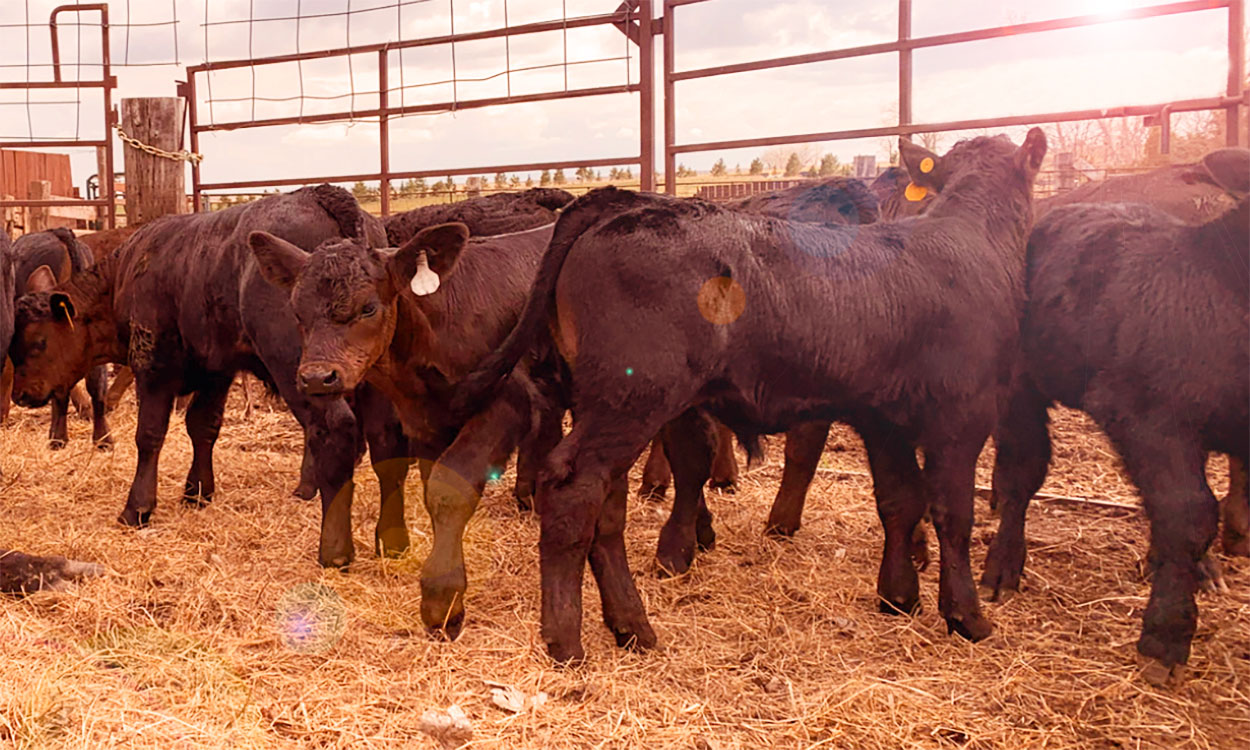
Vaccinating Early-Weaned Beef Calves
In most years, pre-weaning vaccinations are a task completed in early fall. However, in dry years, poor pasture conditions forcing producers to wean calves early may push up that timeline.
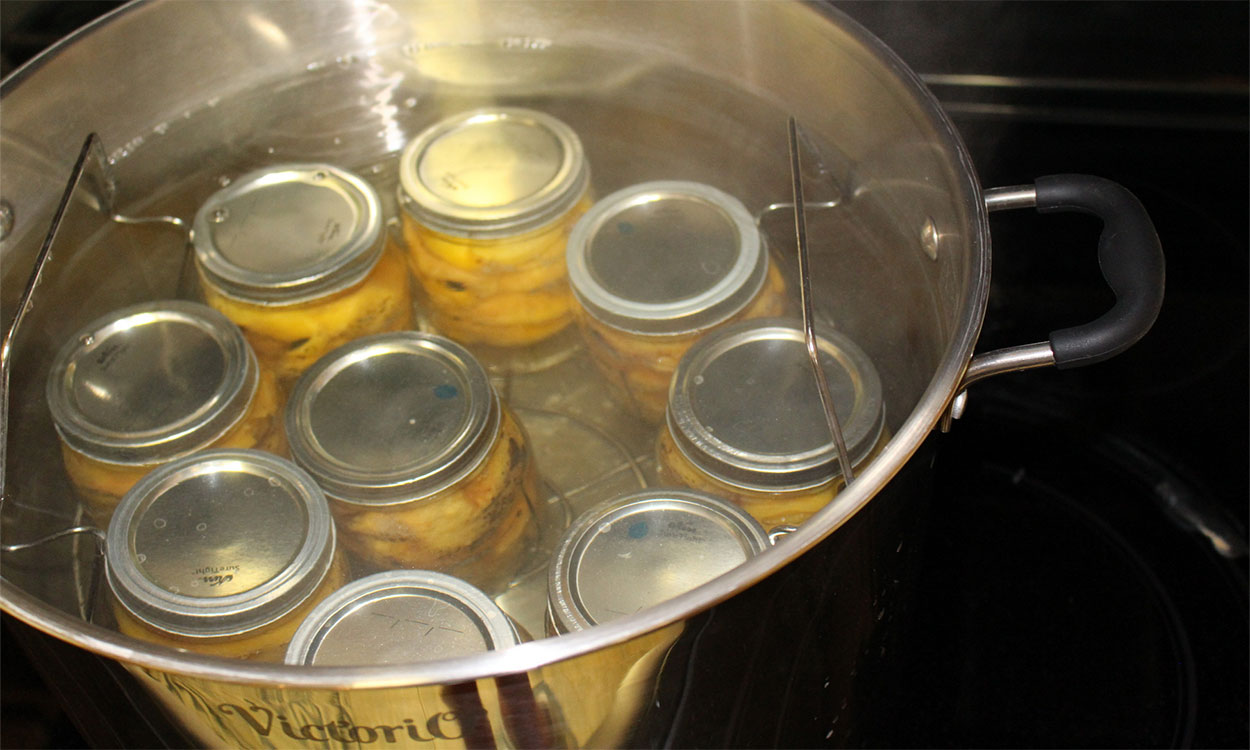
How to Can Peaches
While peach season is only May through September, you can enjoy peaches all year by preserving them through safe canning methods. Learn how to can peaches in your own kitchen with these step-by-step instructions.
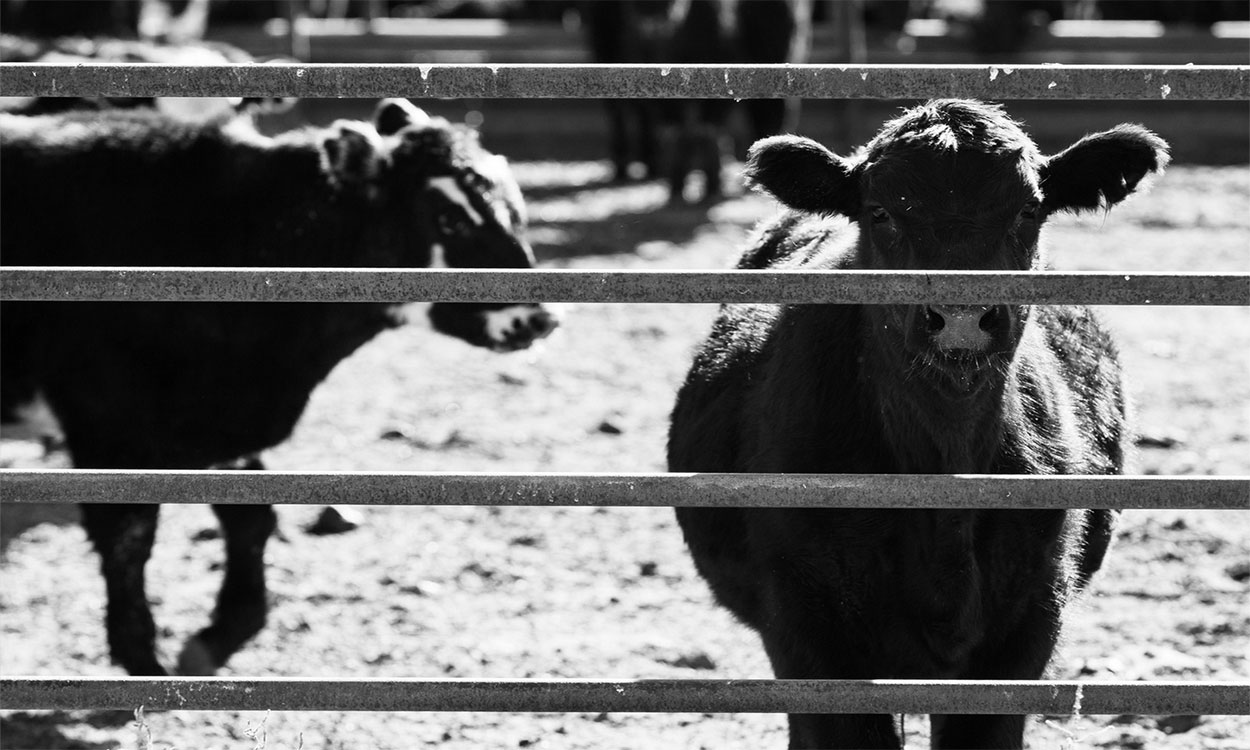
Cull Cows and Trichomoniasis
With increasing amounts of cows being sold at the sale barn with reproductive years left, there are some precautions to be aware of prior to bringing females home to re-breed.

Preserving Herbs
Fresh herbs add amazing flavor to recipes during the summertime! Their great flavors can be carried over to cooler seasons through the preservation of the plants and leaves, and the two best ways to extend the life (and flavor) of herbs is through freezing or dehydrating.
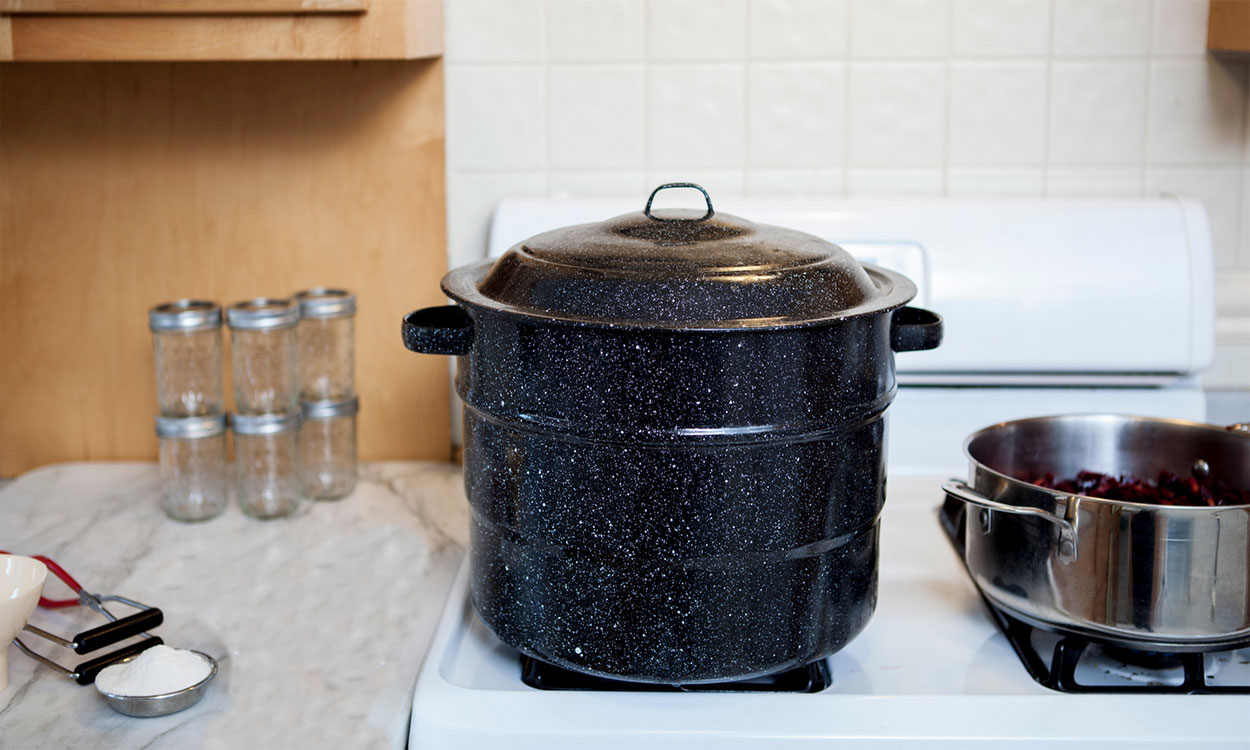
Canning With Less Sugar
As low and no-added-sugar food products have become increasingly popular, new alternative canning recipes have been created. It is possible to preserve fruits with little or no added sugar, which is great for those who prefer reduced calories.
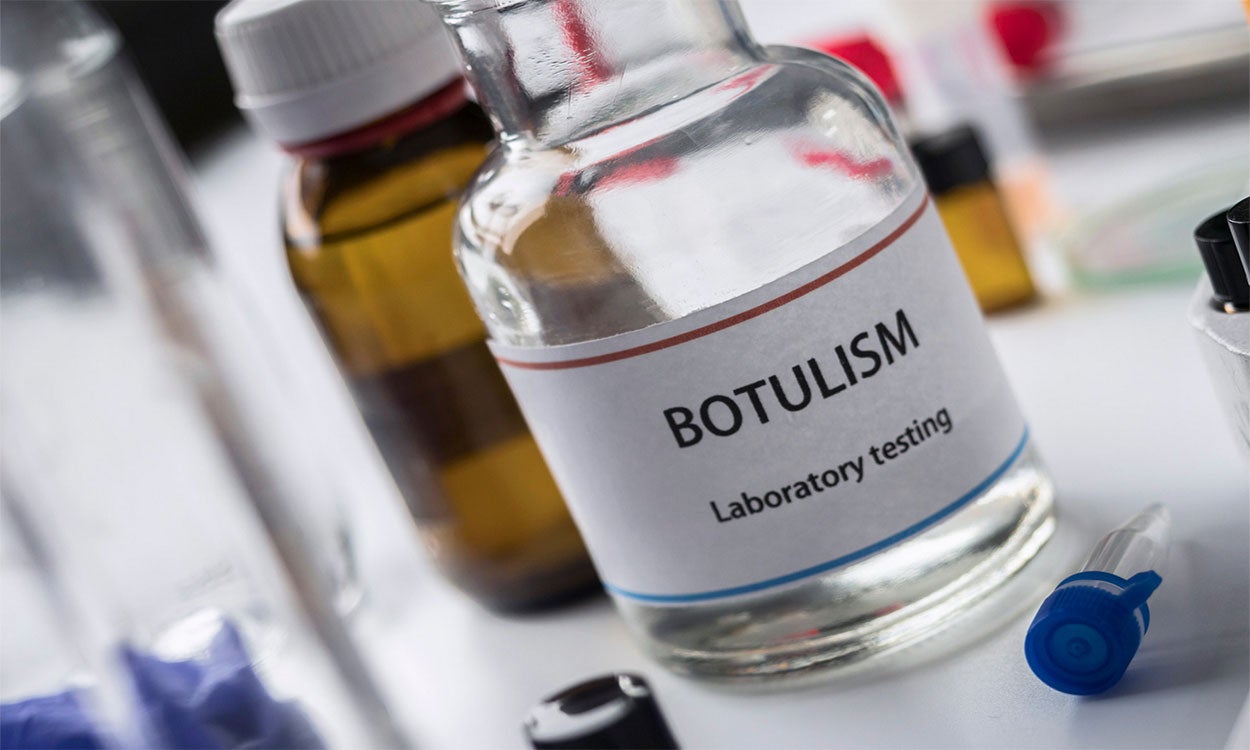
Canners Beware: Botulism
Botulism is a serious, rare illness that is caused by a toxin produced by the bacteria Clostridium botulinum. Botulism is a concern when it comes to canning and fermenting foods, as the anaerobic conditions can cause the Clostridium botulinum spores to create a harmful toxin.
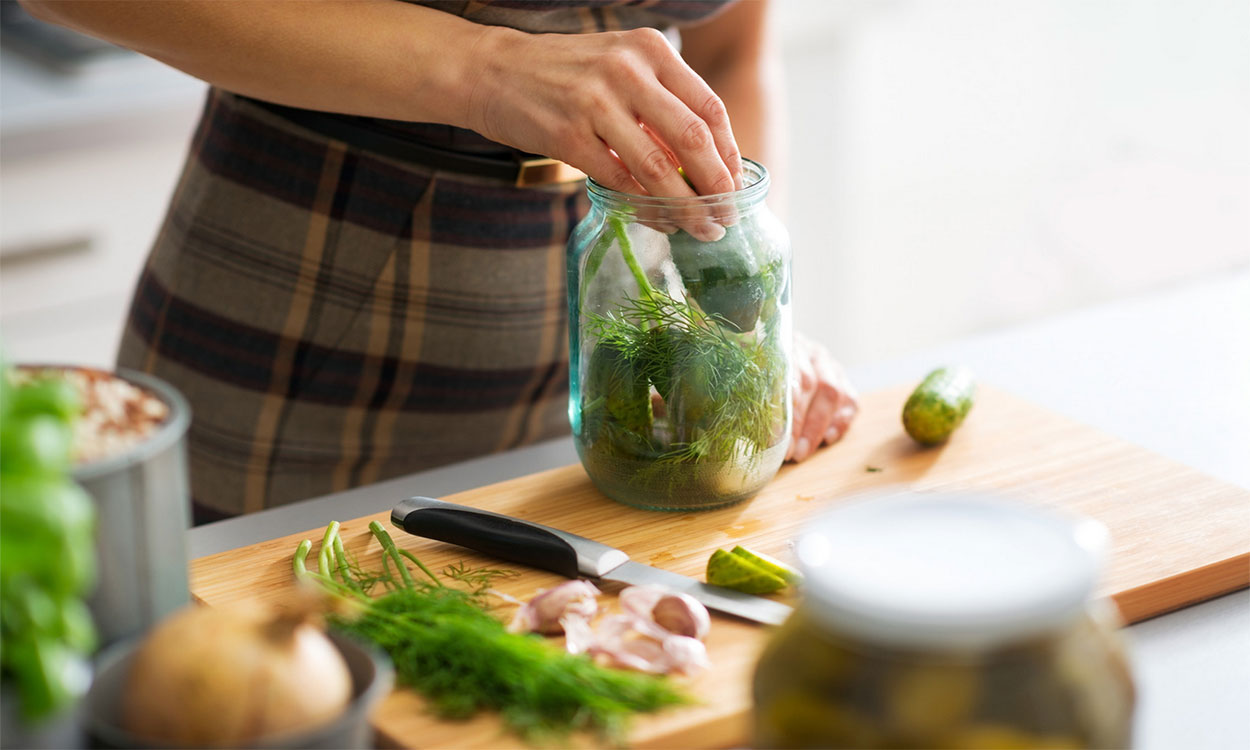
Modifying Canning Recipes
Understanding how swapping ingredients, adding ingredients, increasing or decreasing ingredients and making changes to processing plays a vital role in ensuring that home-canned products are safe.
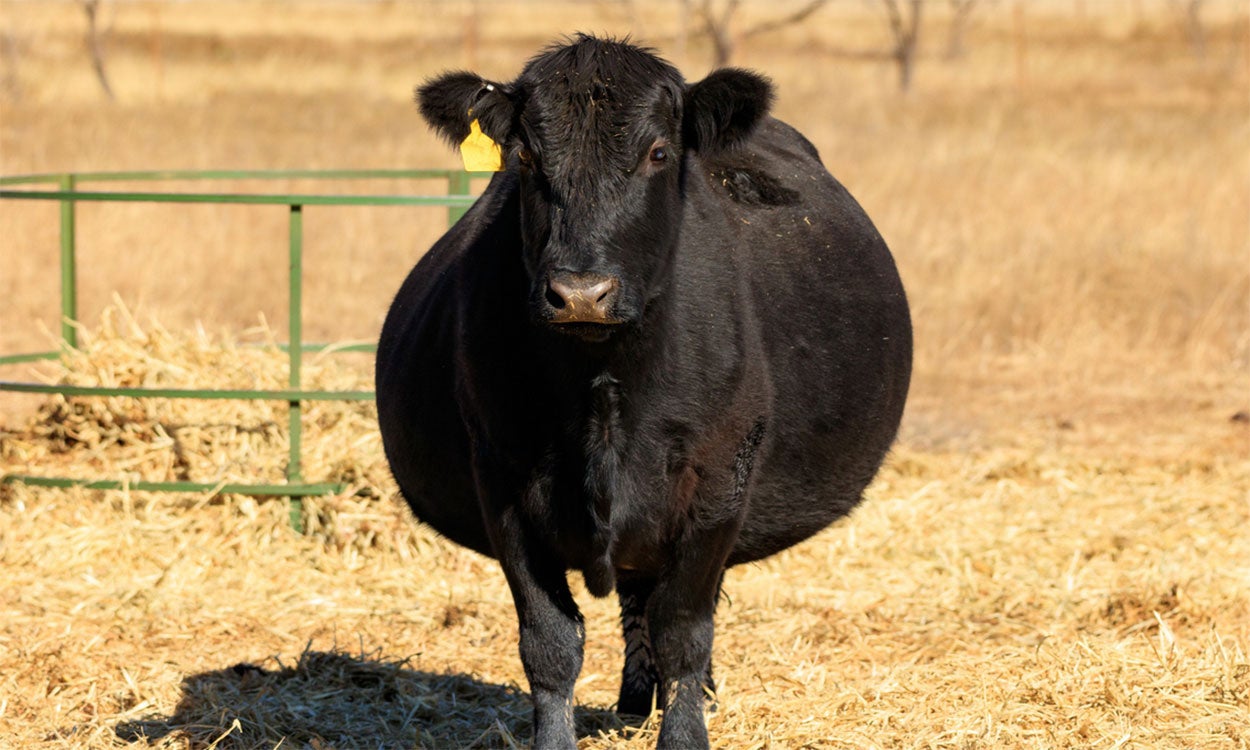
High Nitrates and Pregnant Cows
Drought poses many challenges to the beef cow herd. Nitrates in feed is one of the challenges that producers need to be aware of, especially in the reproductive herd.
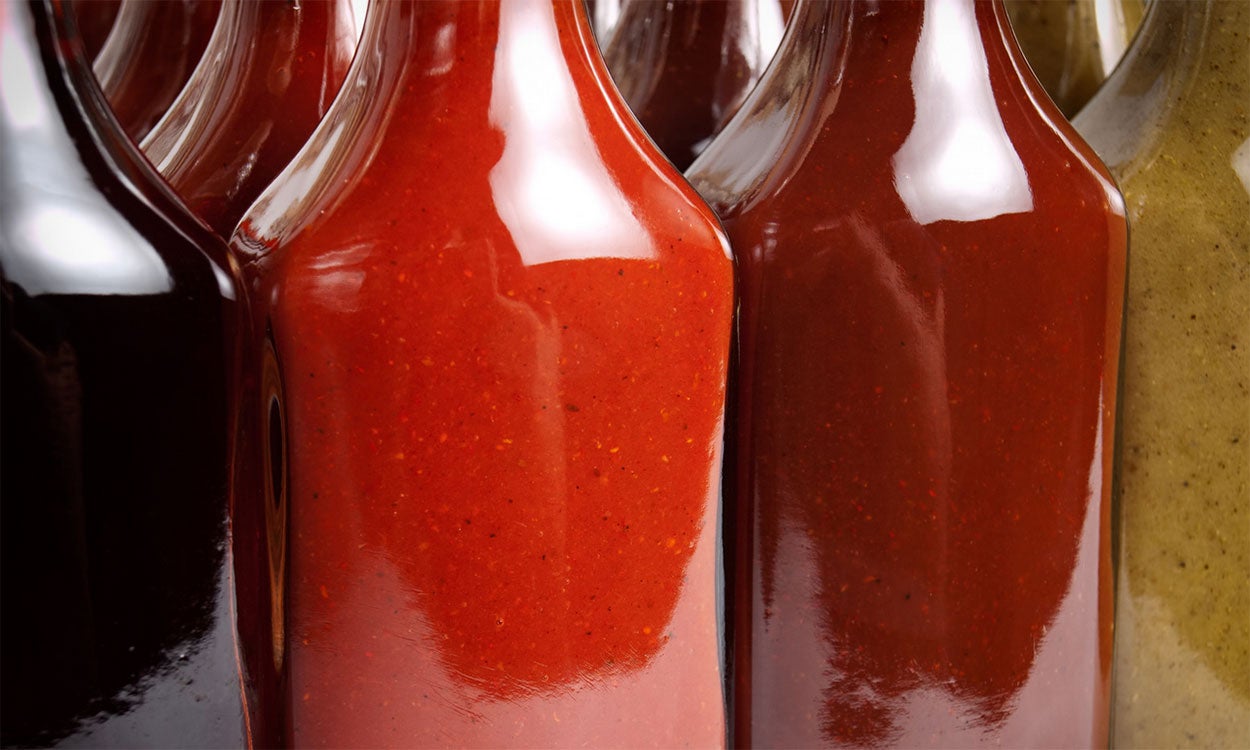
How to Make a Safe Hot Sauce
Hot sauces can be made to with a combination of several different ingredients to give unique flavors and heat that consumers enjoy. There are many considerations that should be made on how hot sauces are processed, formulated and packaged.